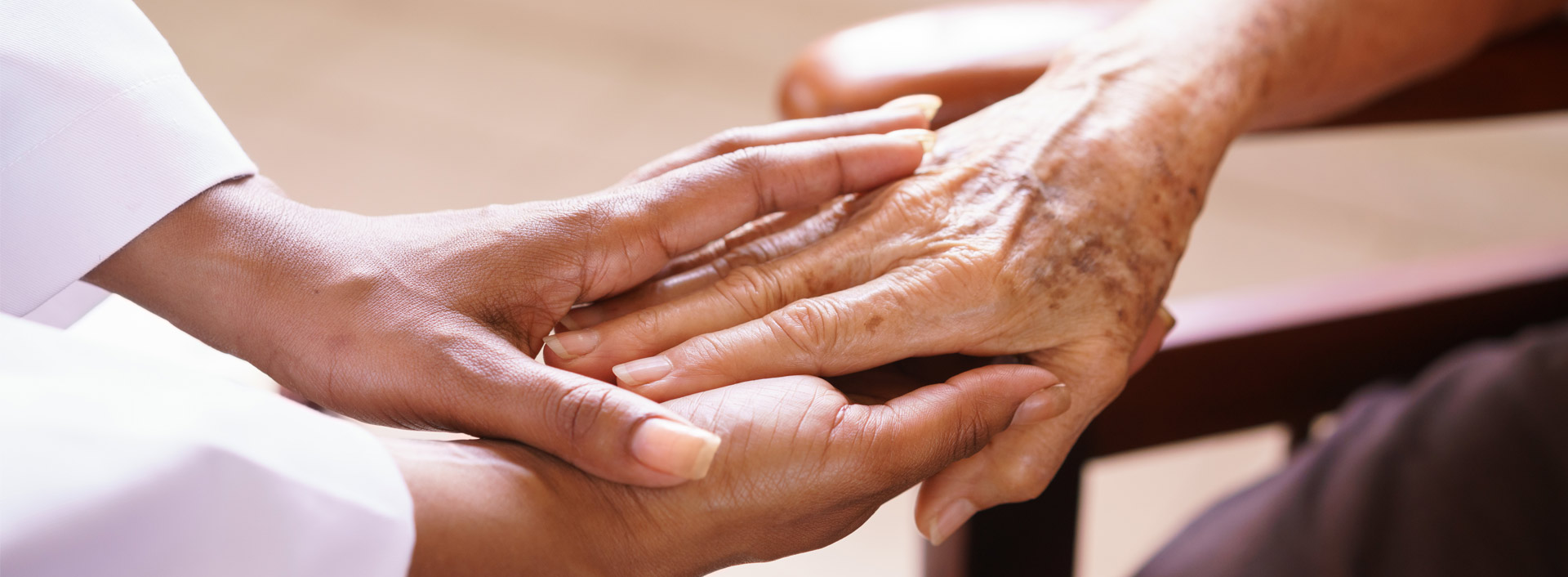November is National Home Care and Hospice Month, and it is time to recognize medical professionals and spread awareness about hospice and home care. These professionals care for the elderly who are unable to care for themselves. The care is provided by many different professionals, including doctors, nurses, social workers, and home health aides.
Hospice is an end-of-life health care service; patients in hospice are not expected to recover. Yet, they require care to be kept comfortable and free from pain and anxiety. Hospice care covers routine home care, continuous home care, general inpatient care, and respite care. Each service requires different skills and comes with its own emotional and physical demands.
Home and hospice care professionals work hard to provide safe and comfortable lives to vulnerable patients. Often, the patients rely on them for much more than just physical care. The professionals often provide much needed emotional support. However, sometimes neglect occurs in medical facilities, including nursing home abuse.
Types of Nursing Home Abuse
According to the Centers for Disease Control and Prevention (CDC), over 500,000 adults over 60 years old are abused or neglected each year. Abuse can take many forms, including:
- Physical Abuse: Signs of abuse can be easy to miss. Unexplained injuries, such as sprained joints, bruises, or burns can be signs of physical abuse.
- Sexual Abuse: An unexplained sexually transmitted disease, swelling, or bruising around the genitals can indicate sexual abuse.
- Neglect: A caregiver who isolates their patient from others or is verbally aggressive can mean emotional abuse is taking place. Lack of adequate food, soiled bed linens, and bedsores can be signs of neglect or abandonment.
- Financial Abuse: Unpaid bills or expensive gifts to strangers can be signs of financial abuse.
What Injuries Happen in Nursing Homes?
According to the CDC, over 1.5 million Americans are currently cared for in nursing homes. Most facilities do their best to provide optimal care to their residents. Sometimes, a nursing home resident experiences these injuries due to either an employee’s carelessness or intentional actions that may rise to the level of abuse.
If neglect or abuse happens in a nursing home setting, the facility can be held liable if the harm was avoidable. The test is whether the facility’s actions or failure to act caused harm to a residential patient. Examples of instances where a facility has been held liable for harm to a resident include:
- Hiring staff without adequate screening and evaluation.
- Lack of adequate training provided to staff.
- Violating laws or rules on operating a nursing home facility.
- Errors in administering or failing to administer necessary medications.
In some instances, nursing home staff will commit crimes against residents. Instances of theft or assault have happened. In these circumstances, the nursing home can be found liable for the abusive acts.
What Should I Do if I Suspect Nursing Home Abuse?
If a loved one appears to be suffering from negligence or abuse by a caregiver either at home or in a nursing home facility, it is important to act quickly to avoid more serious harm from occurring. Before making any decisions regarding how best to deal with the situation, it is best to seek the advice of an experienced lawyer.
Delaware County Nursing Home Abuse Lawyers at Eckell Sparks Protect the Elderly Against Abusive Nursing Homes
Our Delaware County nursing home abuse lawyers at Eckell, Sparks, Levy, Auerbach, Monte, Sloane, Matthews & Auslander, P.C. help seniors recover after nursing home abuse. If your loved one suffered abuse, we can help. Contact us online or call us at 610-565-3701for a free consultation. Located in Media and Wester Chester, Pennsylvania, we serve clients throughout Delaware County, Chester County, and Montgomery County.

